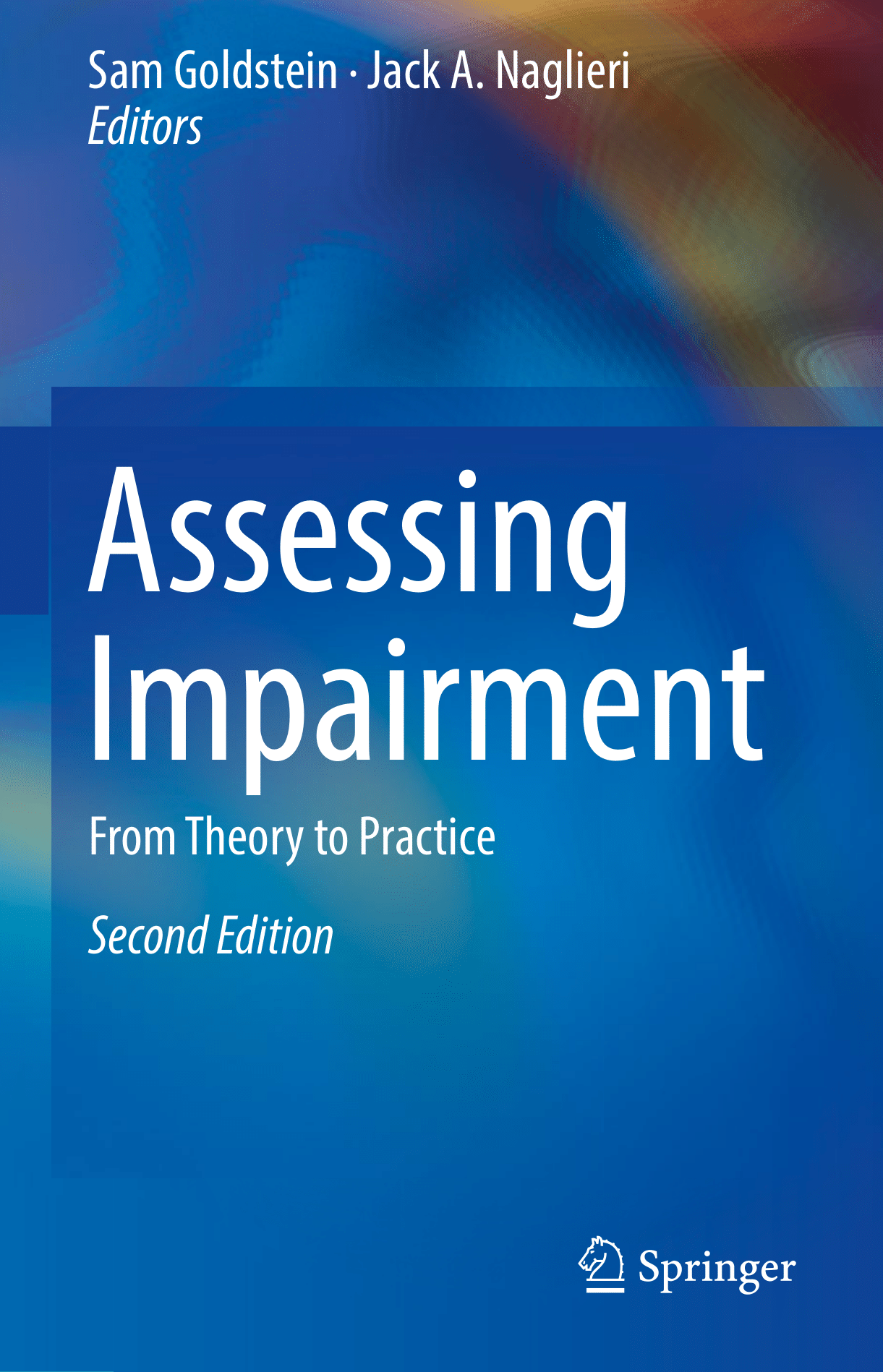Psychometric issues in the assessment of impairment (2016)
Chapter 10 | pp 215 - 228
Citation
Naglieri, J.A., McGoldrick, K.D. (2016). Psychometric Issues in the Assessment of Impairment. In: Goldstein, S., Naglieri, J. (eds) Assessing Impairment. Springer, Boston, MA. https://doi.org/10.1007/978-1-4899-7996-4_10
Abstract
One of the greatest contributions psychologists have made to society is the development of methods for quantifying the various constructs used in the field (see Anastasi & Urbina, 1997). In fact, without methods of quantification, little research could be conducted, and practitioners would be limited to subjective interpretations of informal data they obtain. The development of tools used to assess psychological constructs has greatly improved the reliability and validity of the field, perhaps the most obvious ones being personality and intelligence tests. It is important to recognize that the study of any psychological construct is very dependent on the quality and content of the tools used. And, the methods included in scientific research directly influence the results of any study and consequently what is learned about the topic. Importantly, we must recognize that what we learn from a test is completely determined by the content of the instruments and the specific information they provide. The quality of these tools, therefore, is directly proportional to the quality of the information obtained and based on the way in which test authors conceptualize and measure their constructs. The better the tool, the more reliable and valid our findings, and as validity increases, so does the quality of the information that is obtained and, ultimately, the better the services provided. In this chapter, the tools used for assessment of impairment are examined.
Copyright
Holder: Springer Nature
Year: 2016

